The aim of the research line is to develop and scale-up efficient thermal energy storage solutions for renewable heating and cooling applications as well as thermochemical cycles for green fuel production.
The aim of the research line is to develop and scale-up efficient thermal energy storage solutions for renewable heating and cooling applications as well as thermochemical cycles for green fuel production.
This RL aims at contributing to the decarbonization of the heating and cooling sector through thermal energy storage as well as to the valorization of industrial waste heat through green fuel production. Part of the research activity of this RL is focused on materials development and relevant-scale prototyping for latent and thermochemical storage at low- and medium temperature. This also includes research on related topics such as compatibility, aging, scale-up, and operation. The research activity oriented to green fuel production is focused on the development of thermochemical cycles working at moderate temperatures. Some of the most active topics are:
Compact thermal energy storage. TES is a key enabling technology for solar H/C applications in buildings. In association with heat pumps, it is also a cost-effective way to enhance electrical grid flexibility while contributing to the decarbonization of H/C in the sector. Effective solutions for economic ultracompact TES are developed at the materials, prototypes, and system levels within this research line.
High-power thermal energy storage. With low- and medium-temperature heat accounting for 45 % of total industrial process heat use, renewable H/C systems combined with thermal energy storage have a significant potential to contribute to the decarbonization of the sector. TES solutions for industrial applications not only require compactness, but they must also have a fast response and high charging/discharging power to serve peaky heat demands and processes start-up. Innovative, cost-effective TES solutions fulfilling such challenging requirements are developed within this research line.
Thermochemical cycles for hydrogen production. Because of the already large and increasing demand for hydrogen in the industrial and energy sectors, enabling hydrogen production technologies becomes even more critical when the emerging and growing market for hydrogen in the transportation sector is considered. Compared to current hydrogen production from fossil resources, direct water splitting processes using electricity, heat, or light to generate hydrogen and oxygen from water are increasingly attractive. Thermally driven water splitting processes are on the focus of this RL, where we develop two steps and multi-step thermochemical cycles for hydrogen production from industrial waste heat at moderate temperature (< 500 °C).
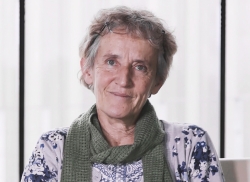
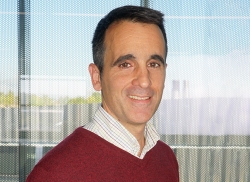
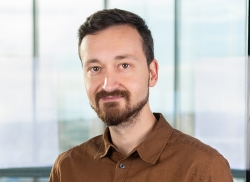
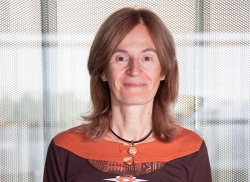
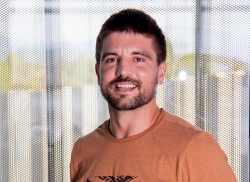
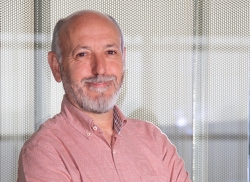

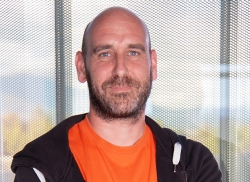

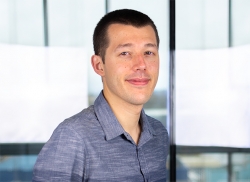

If you want to know the latest trends in energy storage and new developments in research, subscribe.

If you want to join a top-level team, collaborate with specialists in multiple disciplines or tell us about your concerns, don't think twice...